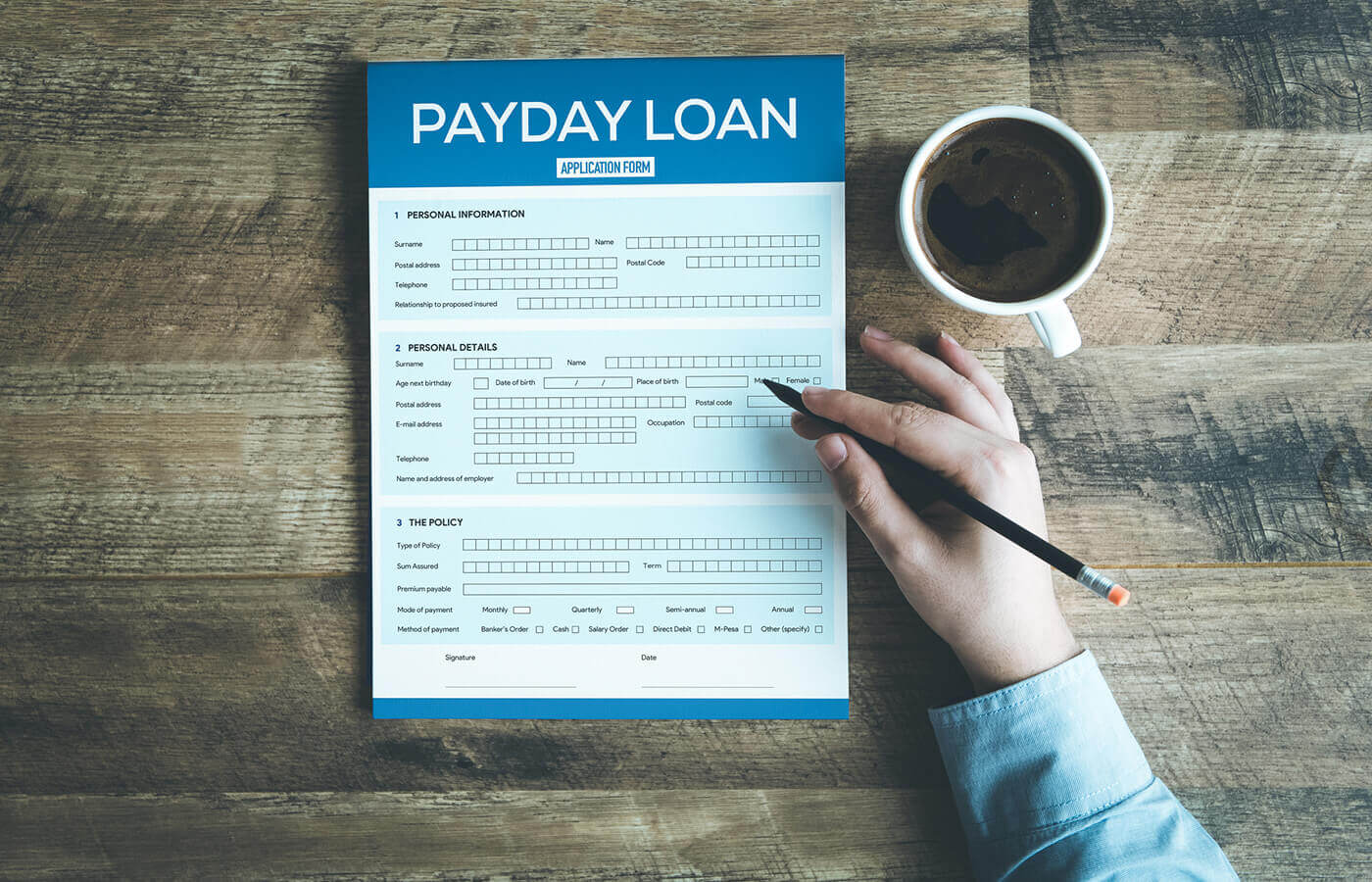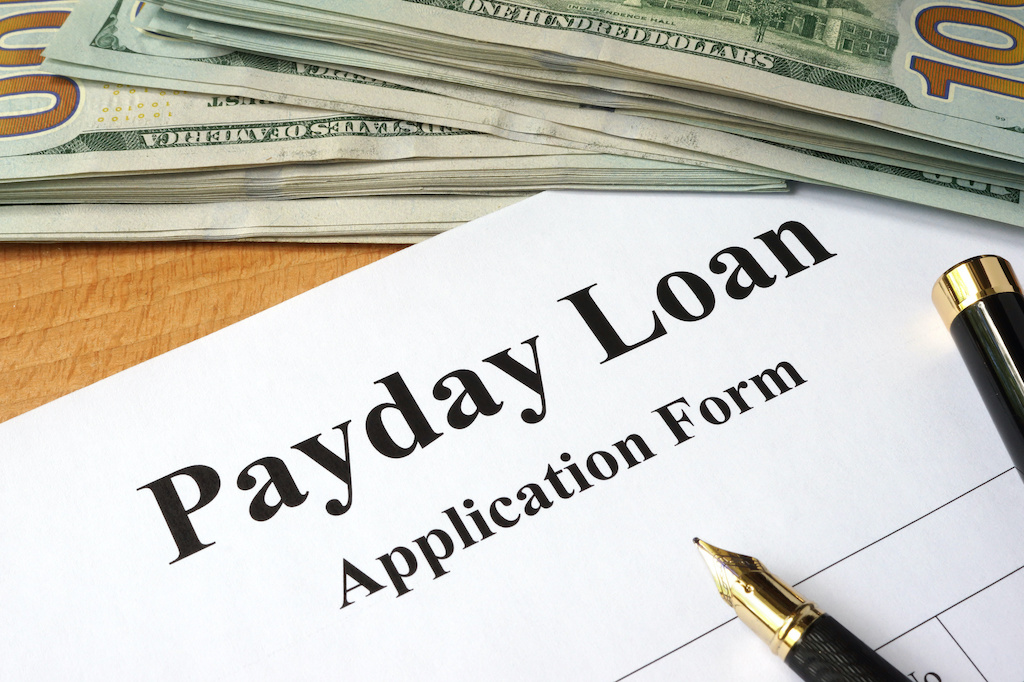Payday Loans That Accept Prepaid Accounts
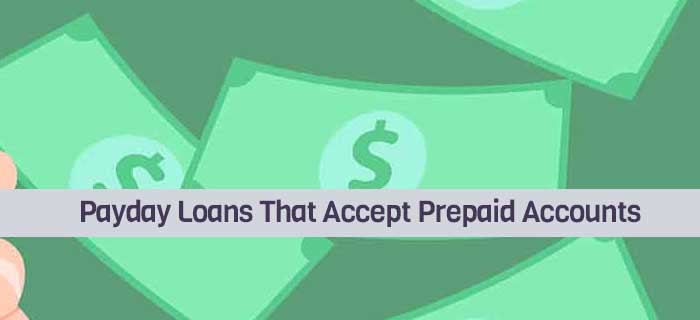
Imagine Sarah, a single mother juggling two part-time jobs, staring at an unexpected car repair bill. Her bank account is running on fumes, and payday is still a week away. Panic sets in. Then, a glimmer of hope: a friend mentions payday loans that accept prepaid debit cards.
This seemingly niche financial service is becoming increasingly relevant for the underbanked and those navigating the complexities of modern finance. It offers a lifeline, albeit one that should be approached with caution and understanding.
Payday Loans and the Underbanked: A Complex Relationship
At its core, a payday loan is a short-term, high-interest loan designed to be repaid on the borrower's next payday. Traditionally, these loans require a bank account for deposit and withdrawal. However, the rise of prepaid debit cards has opened a new avenue for accessing these funds, particularly for individuals without traditional banking relationships.
The Federal Deposit Insurance Corporation (FDIC) estimates that millions of Americans are either unbanked or underbanked. These individuals often face challenges accessing mainstream financial services and may rely on alternative financial products like payday loans.
Prepaid debit cards, which function like debit cards but are not linked to a traditional bank account, offer a potential solution. They provide a way to receive direct deposits, make purchases, and withdraw cash, making them a suitable alternative for receiving payday loan proceeds.
The Appeal and the Pitfalls
The appeal of payday loans that accept prepaid accounts lies in their accessibility and speed. For someone like Sarah, facing an immediate financial crisis, the ability to secure a loan quickly, without the hassle of a bank account, can be a huge relief.
However, this convenience comes at a significant cost. Payday loans are notorious for their high interest rates and fees, often expressed as an annual percentage rate (APR) that can reach triple digits. These exorbitant costs can quickly trap borrowers in a cycle of debt, making it difficult to repay the original loan amount.
The Consumer Financial Protection Bureau (CFPB) has repeatedly warned about the dangers of payday loans, emphasizing the importance of understanding the terms and conditions before borrowing. Borrowers need to carefully consider whether they can realistically repay the loan on time, without incurring further fees and penalties.
How It Works: Payday Loans and Prepaid Cards
The process of obtaining a payday loan with a prepaid card is generally similar to that of a traditional payday loan. The borrower applies for the loan, providing proof of income and identity.
If approved, the loan amount is loaded onto their prepaid debit card. The borrower then agrees to repay the loan, plus interest and fees, on their next payday.
Repayment can be made in several ways, including authorizing the lender to electronically debit the funds from the prepaid card on the due date, or by providing cash at a physical storefront.
Navigating the Market: Finding Reputable Lenders
The market for payday loans that accept prepaid accounts can be murky. Many lenders operate online, and it can be difficult to distinguish reputable providers from predatory ones.
It’s crucial to do thorough research before choosing a lender. Check for online reviews, verify the lender's licensing and registration, and carefully read the terms and conditions of the loan agreement.
Look for lenders that are transparent about their fees and interest rates, and that offer clear and concise information about the repayment process.
"Borrowers should always compare rates and fees from multiple lenders before making a decision," advises a representative from a consumer advocacy group. "They should also be wary of lenders who promise guaranteed approval or who pressure them to borrow more than they need."
Alternatives to Payday Loans
Before resorting to a payday loan, it's essential to explore alternative options. These may include borrowing from friends or family, seeking assistance from local charities or social service organizations, or negotiating a payment plan with creditors.
Credit unions and community banks may offer smaller, short-term loans with more reasonable interest rates than payday lenders.
Another option is to consider a cash advance app, which allows borrowers to access a portion of their earned wages before payday, often with minimal fees.
Financial Literacy: The Key to Responsible Borrowing
Ultimately, financial literacy is the key to making informed decisions about borrowing. Understanding budgeting, saving, and credit management can help individuals avoid the need for payday loans in the first place.
Many organizations offer free financial education resources, including online courses, workshops, and one-on-one counseling. Taking advantage of these resources can empower individuals to take control of their finances and build a more secure future.
Investing in financial literacy is an investment in oneself, and in the long-term financial well-being of the community.
The Future of Payday Loans and Prepaid Accounts
The intersection of payday loans and prepaid accounts is likely to continue evolving as the financial landscape changes. As more people turn to alternative financial services, it's crucial that regulators and consumer advocates work together to ensure that these products are fair, transparent, and accessible.
Greater regulation of the payday loan industry, coupled with increased access to financial education and alternative financial products, can help protect vulnerable consumers from predatory lending practices.
The goal should be to create a financial system that empowers individuals to meet their needs without falling into cycles of debt and poverty.
For Sarah, the car repair bill was eventually managed with a combination of careful budgeting and a small loan from a family member. She learned a valuable lesson about the importance of planning and exploring all available options before resorting to high-interest loans.
Her experience serves as a reminder that while payday loans may offer a quick fix, they are not a sustainable solution to financial challenges. A more comprehensive approach, focused on financial literacy and responsible borrowing, is essential for building long-term financial stability.

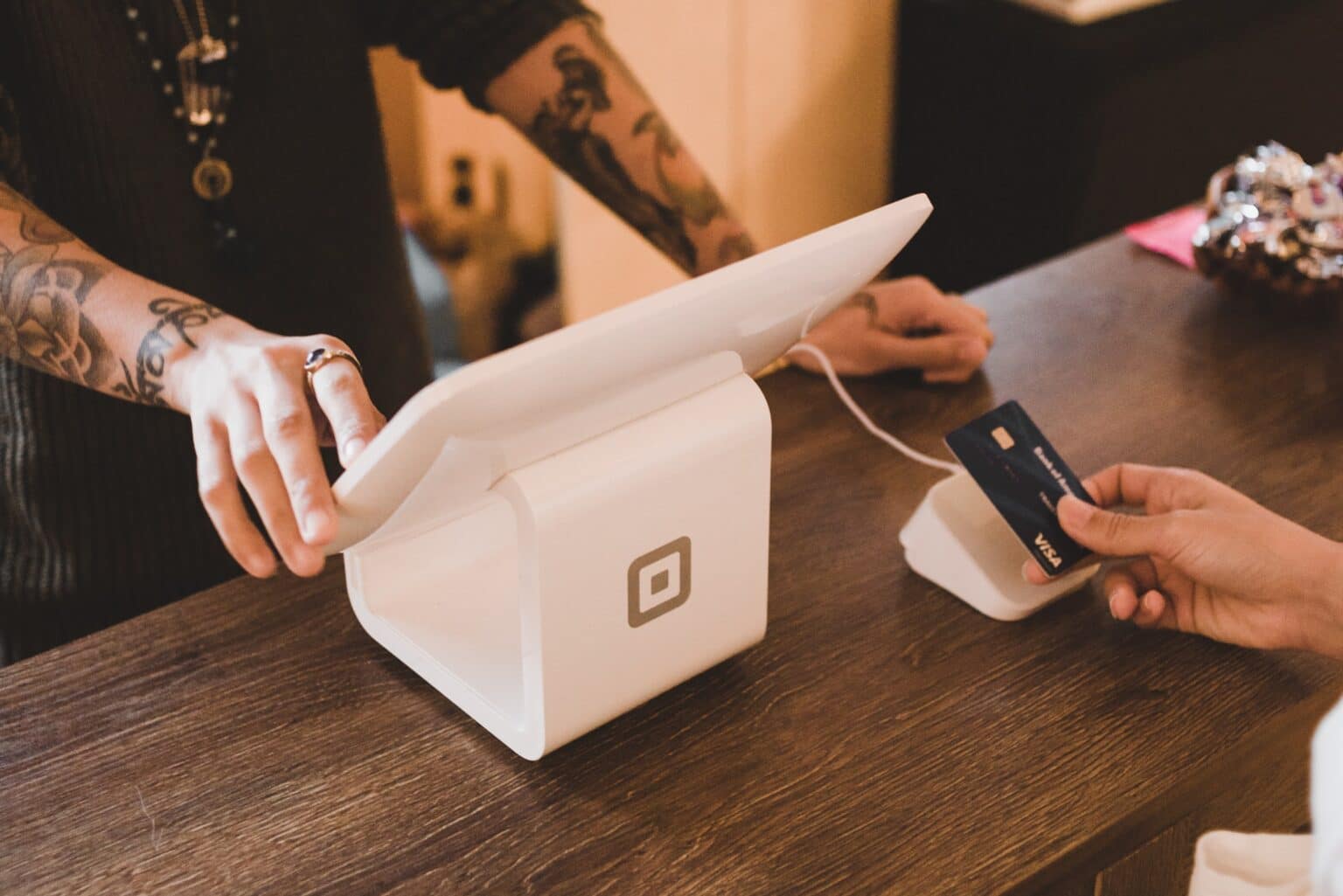

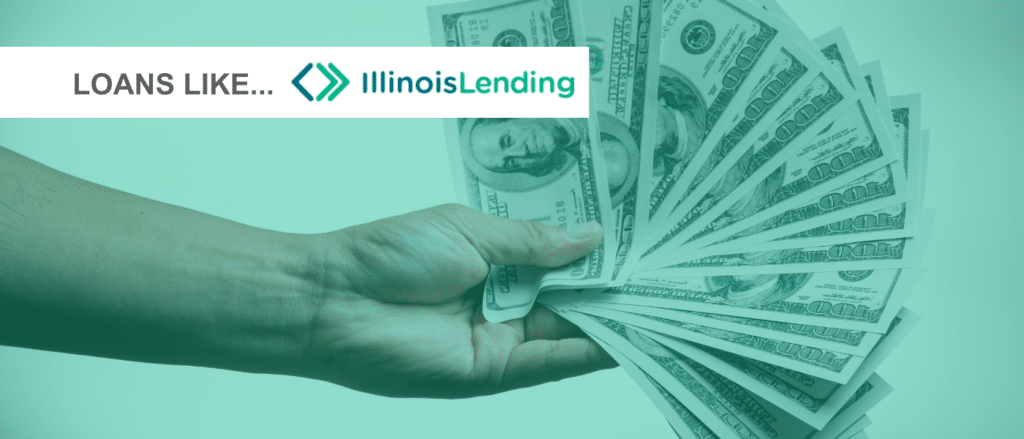

![Payday Loans That Accept Prepaid Accounts Best Personal Loans with an ITIN with Banks List [2024]](https://trybeem.com/blog/wp-content/uploads/2024/04/8-Payday-Loans-That-Accept-Chime-1024x576.webp)




